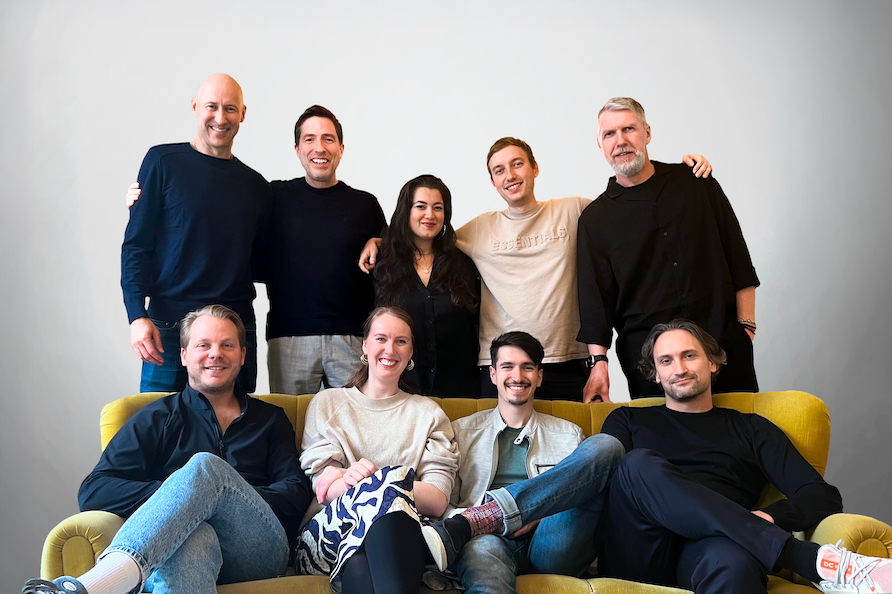Supporting early-stage entrepreneurs seems to be suddenly in vogue in Europe. Back in March, podcaster and venture investor Harry Stebbings launched “Project Europe” to great fanfare, aiming to back founders aged 25 and under with a small $10 million fund — riffing on the ‘Peter Thiel Fellowship’ model of yore. Now, a new fund hopes to go one better, this time with $68 million.
EWOR (short for “entrepreneurship without risk”) has launched its own “founder fellowship,” committing €60 million. The fund will offer selected founders €500,000 in capital for a 7% stake (in comparison, Project Europe offers €200,000 for a 6.66% stake). EWOR claims that, on average, its alumni have gone on to raise €1 million to €11 million during the fellowship.
Each year, the money will go to 35 entrepreneurs who fit EWOR’s mould of “visionaries, technical prodigies, deeply driven operators, and serial entrepreneurs.” Fellows will get virtual-first support, with 1:1 mentorship (including 1 to 5 hours per week with a “unicorn founder”), access to 2,000 mentors, VCs, and subject matter experts. The €500,000 investment would comprise €110,000 from EWOR GmbH and an additional €390,000 from the investment fund via an uncapped convertible note or similar instrument.
Founded in 2021, EWOR is run by six entrepreneurs — Daniel Dippold, Alexander Grots, Florian Huber, Petter Made, Quinten Selhorst, and Paul Müller. They previously worked at companies like SumUp, Adjust, ProGlove and United-Domains.
In an interview with TechCrunch, Dippold contrasted EWOR’s fellowship offering with Project Europe, saying while the latter touted backing entrepreneurs with “just an idea,” EWOR could easily match that offering. “We do two fellowships: ideation and traction. You can literally — like we had a year ago with the youngest machine learning researcher from Cambridge — have no co-founder, no idea. You can start at inception, no problem.”
“We run EWOR like a software company — build, measure, learn […] The only thing that matters is it needs to be the most useful thing any founder can possibly do,” he added.
Ten founders have so far been accepted into this year’s cohort. One of these is U.K.-based Mark Golab, a 3D printing specialist applying the technology to organ transplants with Cambridge Surgical Models, after surviving a life-threatening infection himself. Another is Vienna-based Viktoria Izdebezka, who is working on lead generation with Salesy.
Previous EWOR fellows include Ricky Knox, who achieved two nine-figure exits with Azimo and Tandem Bank; and Tim Seithe, who bootstrapped and led Tillhub to an exit worth almost €100 million.


